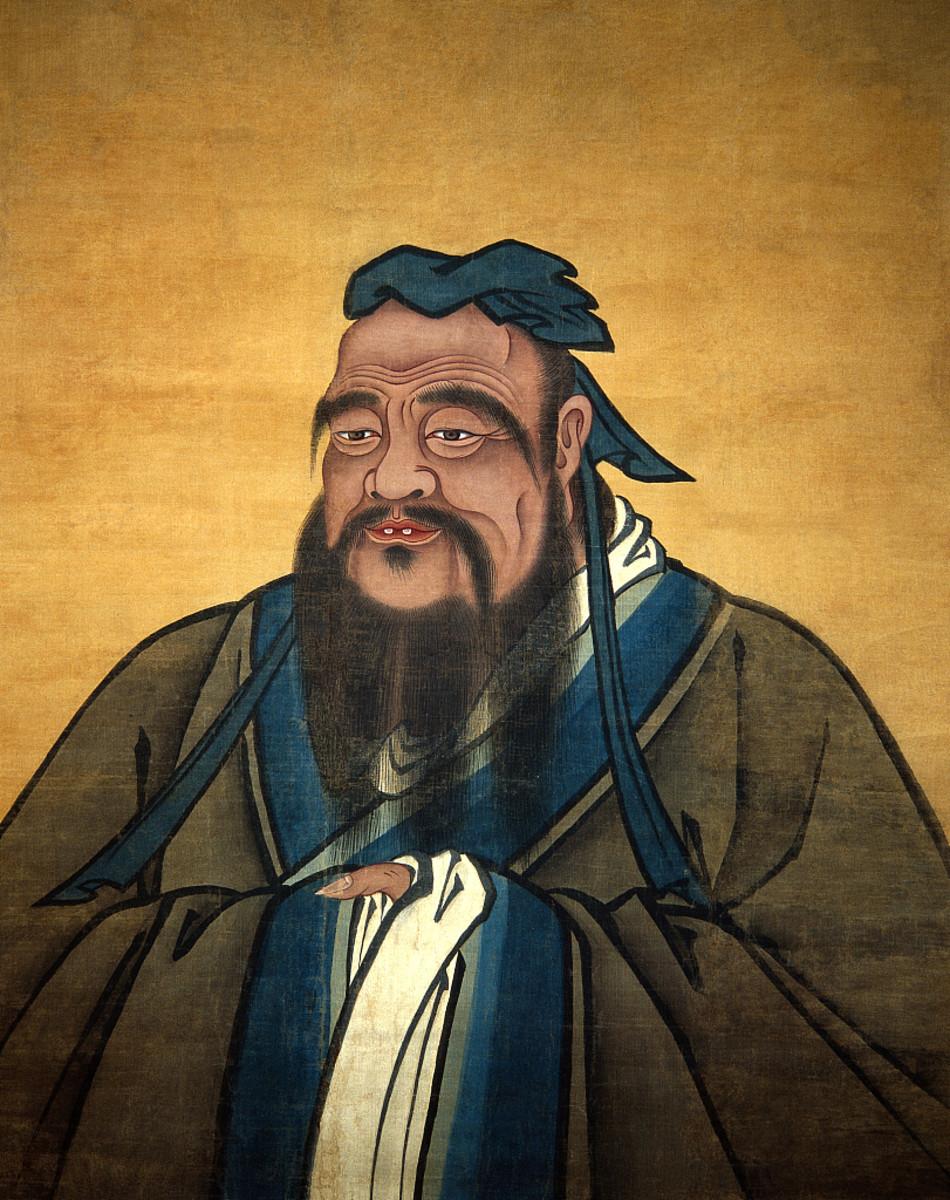In the ever-evolving landscape of technology, the intersection of ancient wisdom and cutting-edge innovation has become a fascinating and promising area of exploration. One such intriguing merger occurs when we consider the application of ancient Chinese philosophy to the realm of artificial intelligence. By tapping into the profound insights and principles of thinkers such as Confucius, Laozi, and Sun Tzu, we may uncover profound ways to enhance the capabilities and ethical considerations of AI systems. Join us on a journey as we delve into the potential synergies between age-old wisdom and future-forward technology in the exciting field of artificial intelligence.
Exploring the Harmony Principle in Ancient Chinese Philosophy
In ancient Chinese philosophy, the concept of harmony is a fundamental principle that emphasizes the importance of balance, unity, and interconnectedness in all aspects of life. This principle is deeply rooted in teachings such as Confucianism, Taoism, and Buddhism, guiding individuals to seek harmony within themselves, their relationships, and the natural world.
When applying this ancient philosophy to the realm of artificial intelligence, we can draw parallels to the need for balance and unity in designing and utilizing AI systems. Just as harmony is essential for a peaceful and prosperous society in Chinese philosophy, achieving harmony in AI involves creating systems that work seamlessly with humans, prioritize ethical considerations, and contribute positively to the greater good. By incorporating the harmony principle into the development and implementation of AI technology, we can strive towards creating intelligent systems that enhance our lives and promote a harmonious future.
Integrating Yin and Yang Philosophy into AI Development
The integration of Yin and Yang philosophy into the development of artificial intelligence represents a novel approach to creating more balanced and harmonious AI systems. By incorporating the principles of balance, harmony, and interconnectedness, developers can potentially build AI systems that are more attuned to the natural world and human values.
Some key ways in which Yin and Yang philosophy can be applied to AI development include:
- Balance: Ensuring that AI systems take into account a wide range of perspectives and values in their decision-making processes.
- Harmony: Creating AI systems that work seamlessly with other technologies and human users to achieve common goals.
- Interconnectedness: Designing AI systems that are able to adapt and learn from their interactions with the environment and other systems.
Utilizing Confucian Virtues to Shape Ethical AI Practices
In the realm of artificial intelligence, where ethics and morality are crucial considerations, one unexpected source of guidance comes from ancient Chinese philosophy. By drawing on the teachings of Confucius and the virtues he espoused, we can shape ethical AI practices that prioritize human well-being and societal harmony. The virtues of benevolence, righteousness, propriety, wisdom, and faithfulness can serve as a compass to navigate the complex ethical dilemmas posed by AI technology.
By incorporating Confucian virtues into the development and deployment of AI systems, we can create algorithms and technologies that prioritize the greater good and adhere to moral principles. Utilizing benevolence as a guiding principle, AI can be programmed to prioritize human welfare and social justice. Likewise, righteousness can ensure that AI systems uphold fairness and integrity in their decision-making processes. Propriety can guide the behavior of AI in accordance with societal norms and values, while wisdom can ensure that AI systems make ethical and rational decisions. Lastly, faithfulness can ensure that AI technologies are reliable, trustworthy, and committed to ethical practices.
Applying Taoist Principles for Sustainable AI Innovation
When it comes to developing sustainable AI innovation, looking to the ancient Chinese philosophy of Taoism can provide valuable insights. The principles of Taoism emphasize harmony, balance, and natural flow, which can be applied to the development of artificial intelligence systems. By incorporating these principles into the design and implementation of AI technologies, we can create systems that are more efficient, ethical, and aligned with the needs of society.
Some key ways in which Taoist principles can be applied to AI innovation include:
- Emphasizing balance: Ensuring that AI systems are designed with a balance between autonomy and human oversight, to prevent potential misuse or ethical dilemmas.
- Promoting harmony: Creating AI technologies that work in harmony with natural ecosystems and human well-being, rather than disrupting or causing harm.
Future Outlook
As we continue to push the boundaries of technology and delve deeper into the realm of artificial intelligence, perhaps it is time to look to ancient wisdom for guidance. By applying the timeless principles of Chinese philosophy to our creation of AI, we may find a balance between progress and ethics, innovation and humanity. In a world driven by data and algorithms, let us not forget the importance of wisdom, compassion, and harmony. Only by embracing both the past and the future can we truly unlock the full potential of artificial intelligence.
